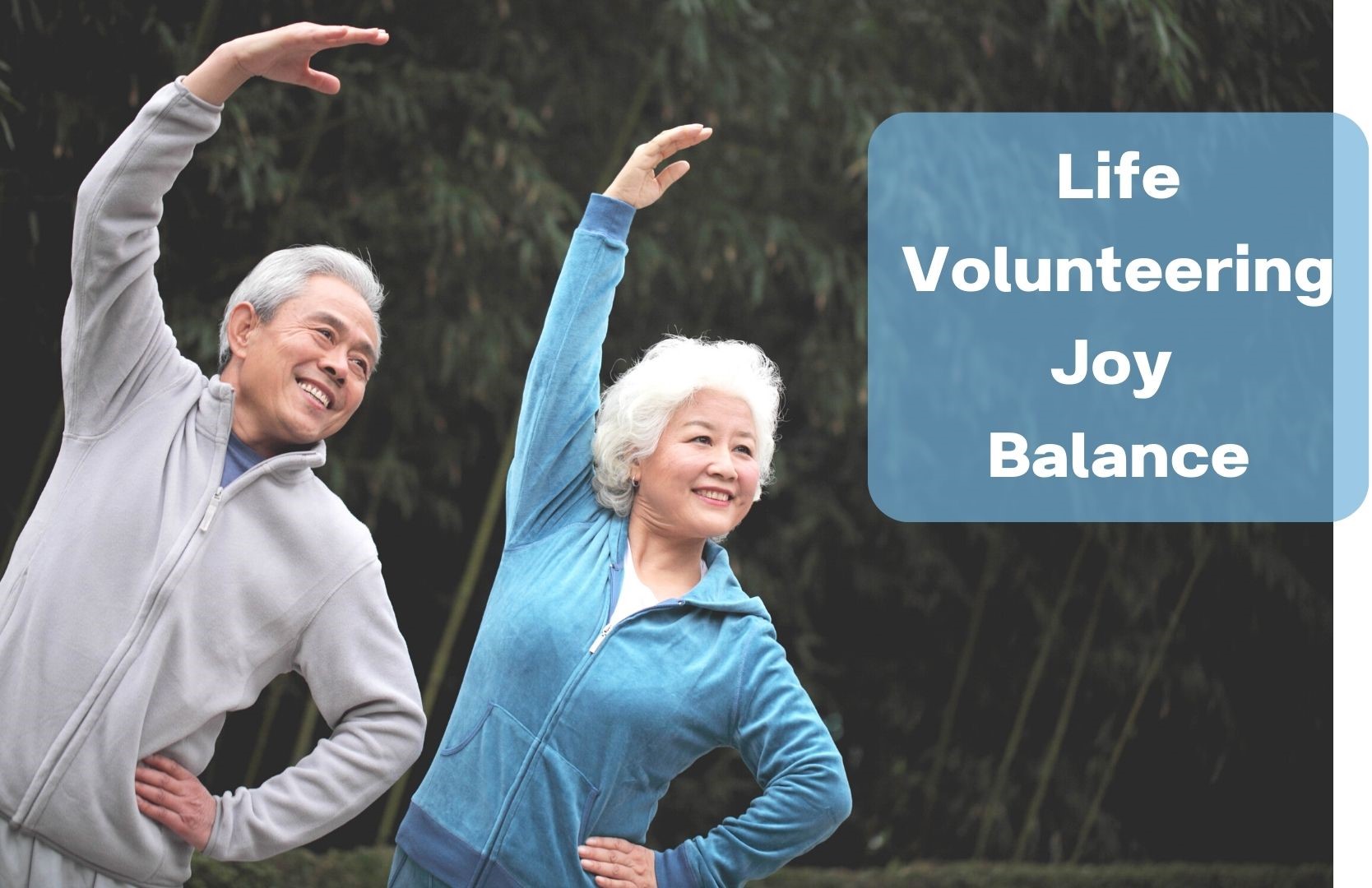

Why Volunteer?
Volunteering can bring you to a healthy life balance; you can make friends, learn new skills, be healthier, be fulfilled, have fun, and it can even make you happier.
Volunteering offers vital help to people in need, worthwhile causes, and the community, but the benefits can be even greater for you, the volunteer. So, let’s find out more about what experts say and researchers have discovered as to why you should volunteer.
Giving to others can help protect your mental and physical health. It can reduce stress, combat depression, keep you mentally stimulated, and provide a sense of purpose.
While it’s true that the more you volunteer, the more benefits you’ll experience, volunteering doesn’t have to involve a long-term commitment or take a huge amount of time out of your busy day. Giving, in even simple ways, can help those in need and improve your health and happiness.
People with disabilities or chronic health conditions can still benefit greatly from volunteering. In fact, research has shown that adults with disabilities or health conditions ranging from hearing and vision loss to heart disease, diabetes or digestive disorders all show improvement after volunteering.
Just as we’re hard-wired to be social, we’re also hard-wired to give to others. There’s no limit to the individual and group volunteer opportunities you can explore. Schools, churches, nonprofits, and charitable organizations of all sorts depend on volunteers for their survival.
You’ll get the most out of your volunteer experience by volunteering with an organization that you believe in and that allows you to contribute in a meaningful way.
To find a balance, you should be comfortable with the organization and understand the time commitment. Consider starting small so that you don’t over commit yourself at first. Give yourself some flexibility to change your focus if needed. You want to make sure that the experience is right for your skills, your goals, and the time you want to spend.
Research has found that older generations appear to benefit more from volunteering. A Centre for Ageing Better recent report on the benefits of making a contribution in later life found consistent evidence that older people who help others are happier as a result.
By doing something that matters for others, older people gain increased self-esteem and a sense of purpose. Older volunteers who receive positive feedback are less likely to be depressed, and there’s even evidence that people who volunteer regularly are likely to live longer. Helping others can be a powerful source of meaning and connection in later life.
When holding all time-invariant variables (e.g. gender, ethnicity) and important time-varying variables (e.g. age, partnership status, employment status) in constant, increasing one’s volunteering was associated with greater levels of health-related quality of life amongst adults as a whole over a 10 year follow up.
These findings can be understood through the lens of underlying mechanisms of volunteering, in which some mechanisms are especially relevant for older adults. For instance, voluntary work enables older adults to develop new social networks, social roles and group identity. It also provides a structure to volunteers’ lives especially for those who have entered retirement.
Volunteering doesn’t have to take over your life to be beneficial. In fact, research shows that just two to three hours per week, or about 100 hours a year, can confer the most benefits — to both you and your chosen cause.
Volunteering should feel like a fun and rewarding hobby. Bear this in mind when considering how you wish to share your time, talents and treasures as a volunteer to help bring you life into balance.
The above comes from a study and a few inspirational articles:


